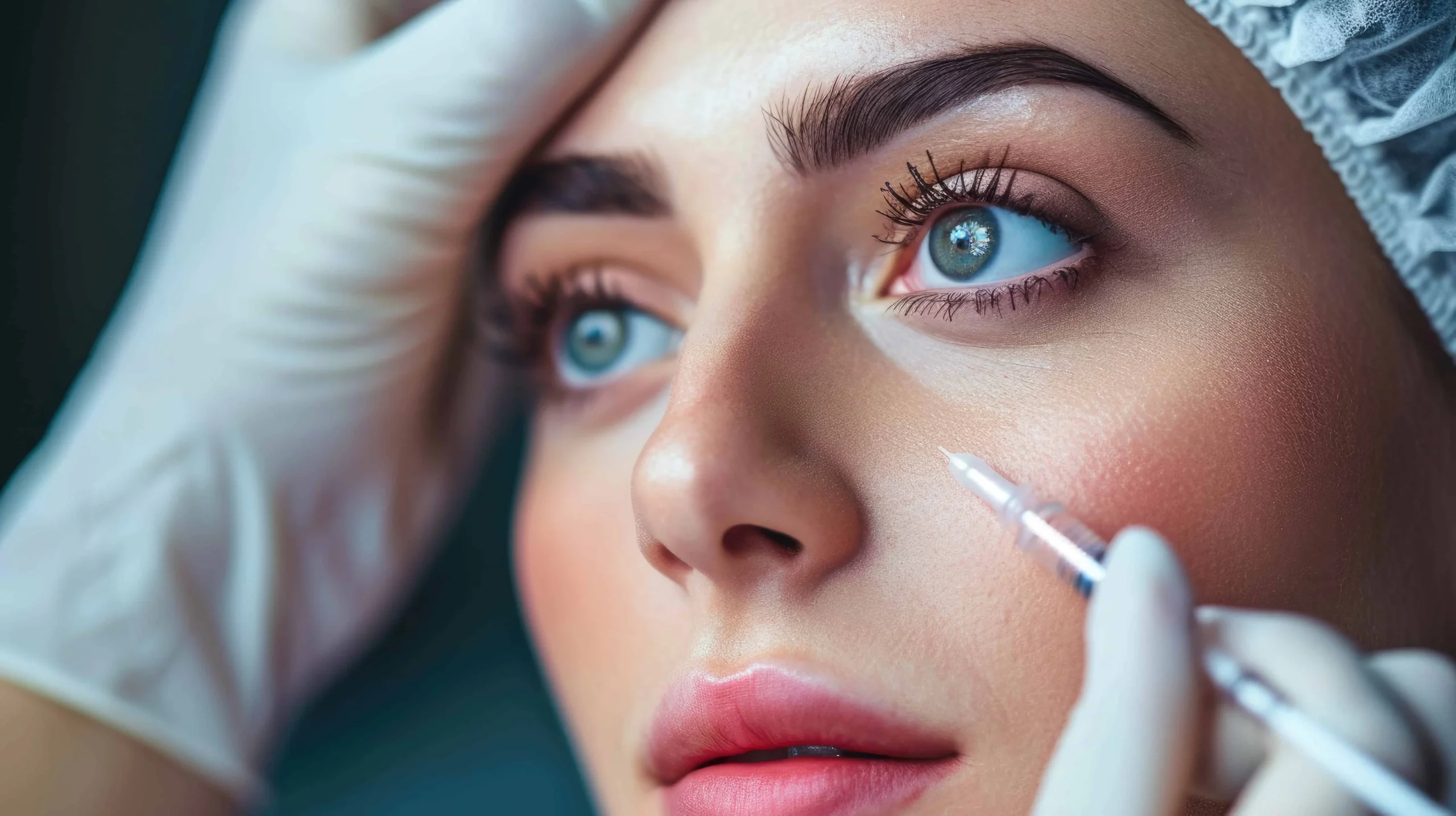Vitamin D deficiency is common and adversely affects bone health and muscular function. Those over 65 and people of color tend to be the most heavily impacted. You can get help for it, and it’s also possible to stay clear of the problem.
A vitamin D deficiency occurs when the body does not get enough vitamin D from food or sunlight. Broken bones, brittle bones, and osteoporosis are all possible outcomes of insufficient vitamin D intake. Vitamin D, also known as the “sunshine vitamin,” gets its name because the body synthesizes it from cholesterol upon exposure of the skin to sunlight.
Today, we will discuss some signs that you need more vitamin D.
Why Vitamin D Is Essential
Vitamin D, a fat-soluble vitamin, can be available in various dietary supplements and is present in some foods. Vitamin D, which acts like a hormone and a vitamin, is essential for maintaining mineral homeostasis and promoting strong bone growth. Ergocalciferol (vitamin D2) and cholecalciferol (vitamin D3) are the two forms of vitamin D. Cholecalciferol, often known as vitamin D3, is synthesized by the skin from endogenous or dietary cholesterol when exposed to sunlight. Ergocalciferol is commonly used as a flavoring agent in the food industry.
Vitamin D’s primary biological function is the maintenance of appropriate blood calcium and phosphorus levels. Vitamin D aids in calcium absorption, making it possible to use that mineral in constructing and maintaining strong bones. Studies have shown that those who consume adequate amounts of this fat-soluble vitamin have a reduced risk of developing cancer, hypertension, osteoporosis, and other autoimmune diseases.
Clinical trials have shown that vitamin D boosts immunity by stimulating the body’s T cells to produce more antibodies. More than 500 studies have demonstrated the role of vitamin D in maintaining a healthy immune system. Likewise, multiple studies have found that vitamin D benefits many bodily functions, including preventing breast, colon, and prostate cancer and keeping your muscles and joints loose and flexible. It also helps one stay in a good mood.
Signs Of Vitamin D Deficiency
Vitamin D insufficiency is more common than you may assume. Around 40 percent of U.S. citizens are deficient in vitamin D. A daily intake of 600 International Units (IUs) of vitamin D is suggested, but this varies depending on the source. Babies have a relatively low daily need of about 400 IU during the first year of life. Moreover, because vitamin D production decreases with age, it is recommended that people aged 71 and up take 800 IU of vitamin D daily. If a person is currently fighting an illness, their actual statistics may look drastically different.
Vitamin D deficiency can cause fatigue, melancholy, low energy, frequent illness, irritability, anxiety, and weight gain. Despite this, vitamin D insufficiency is often accompanied by only subtle symptoms. Deficiency can only be confirmed through blood tests, requiring a doctor’s visit. Once they have this information, they can recommend either vitamin supplementation or injectable therapy.
Vitamin D deficiency can have many potential causes. When people are deficient in a vitamin, it’s usually because they haven’t consumed enough of that vitamin in their diet or because they have a malabsorption problem that prevents their bodies from absorbing the nutrients they eat. Several factors can prevent a person’s body from absorbing and converting vitamin D, including pharmaceutical side effects, liver problems, or kidney problems.
Vitamin D deficiency is common in those who don’t get adequate exposure to sunlight, such as those who work the night shift or reside in areas with low lighting.
Solutions?
Treating and preventing vitamin D deficiency have the same goal: getting your vitamin D levels up to where they need to be and keeping them there.
Even if you were to consider consuming more vitamin D-rich foods and spending more time in the sun, your doctor would likely still urge you to take vitamin D pills.
Vitamin D comes in two different forms, D2 and D3. Ergocalciferol, sometimes known as vitamin D2, is found in plants. Cholecalciferol, also known as vitamin D3, comes from animals. D2 is a prescription-only drug. However, D3 is available without a prescription. Compared to vitamin D2, vitamin D3 is more readily absorbed by the human body.
You should talk to your doctor about whether or not you need to take a vitamin supplement, and if so, what kind and how much.
When To See A Doctor
Vitamin D deficiency can be hard to diagnose because its symptoms are often modest. Even if symptoms aren’t present, vitamin D deficiency is still present. As a rule, it’s a good idea to get checked for vitamin D insufficiency if you’re experiencing any symptoms, and it’s crucial to do so if you have any risk factors.
Your doctor can rule out other potential reasons for your symptoms.
Consider Vitamin D Through Vitamin IV Drips
The absorption of vitamins, minerals, and other nutrients taken orally requires the liver to perform a series of metabolic processes before the digestive system can absorb them. The amount of vitamins and minerals you get from food depends on the age and quality of the ingredients used.
Extra pills may only be as helpful if they are high quality, expire quickly, or are well absorbed. Poor digestion is still an issue, even if liquid extracts are more effective.
IV drips allow for the direct administration of medications into the bloodstream. You are getting close to maxing out your vitamin intake through this method. This drip approach won’t waste a single drop of the vitamins it delivers to your body. That’s why A-listers and athletes use IV drips worldwide to help them shed pounds faster, restore depleted vitamin stores, and flush out pollutants.
Takeaway
Vitamin D deficiency is more frequent than you may think. Still, its symptoms are typically vague and generic, making it difficult to tell if you’re actually suffering from a deficit or something else entirely. Consider your blood checked by a doctor if you suspect vitamin D deficiency.
Although vitamin D deficiency can be addressed with pills, vitamin D-fortified intravenous drips can boost its effectiveness. Therefore, please contact us and visit our The Drip Lounge clinic if you’re curious about improving your health. We help our customers achieve their health goals by providing a wide range of options.






